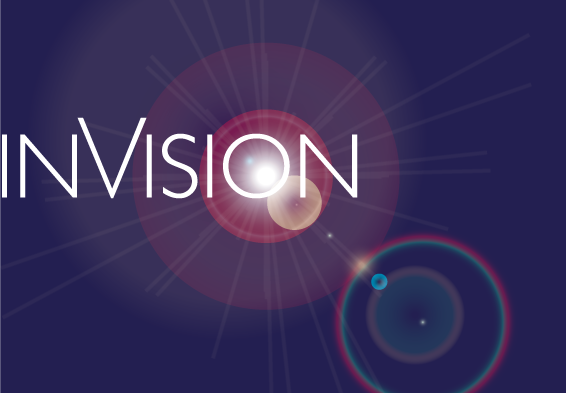Major Findings from the American Management Association
COACHING:
A Global Study of Successful Practices
InVision
Coaching Clients
Include:
TED Fellows | Sundance, Women In Film Institute | Search for Common Ground | National Park Trust | DC Promise Neighborhood | Cheetah Conservation Fund | The Washington Area Women’s Foundation | Community Wealth Ventures | Building Movement | AARP | Marriott | AT&T | International Development Bank| Pension Benefits Corporation | FAA | Westinghouse | Hewlett-Packard
External Development Programs
External Coaching
Externally Based Methods
Interview Prospective Coach
A Desire to Improve
Coaching for Executive Leaders and Managers
Why work with a leadership coach?
Making the commitment to work one-on-one with a leadership coach gives you the synergy of a dedicated partner. It is often tough to keep our commitments to ourselves, even with the best of intentions. A coach can help you see new perspectives, keep you focused on your goals, motivate you to explore new ways of acting, make observations, give feedback and articulate consequences you may not see. Your coaching partner will hold you accountable to follow through on what you want and reinforce the new behaviors that are serving you well.
How do I choose a leadership coach that’s right for me?
Studies show that coaches external to their organization are most effective with executives, and managers. And, that the single most important factor in finding an appropriate coach is a personal interview. Interpersonal trust, emotional safety and a strong rapport are the keys to a successful coaching experience. Ask for a complimentary coaching session on a real issue so that you can experience coaching first hand. Do not hesitate to check a potential coach for his or her references. Ask the questions that are concerning you and assess if the responses are in line with your values. Remember, this is a person you want reciprocal openness and honesty with or you will not get the results you want and deserve.
If I decided to use you, what is the process like?
Our process begins by my entering your environment. We will talk, explore your situation and set goals and identify intentions. We will then determine a length of time to work together. The process is tailored to you. My approach is different from traditional training, or consulting interventions. Instead of providing tips and techniques that simply help you to do a better job of what you are doing already, I make observations that create new possibilities for you, ask powerful questions that evoke your solutions. I will candidly explore what may be hidden rather than just giving advice or making recommendations. I am always listening for the concerns that lie beneath your narrative in order to broaden or change the way you perceive people and situations. I will recommend practices, readings and practical methods designed to help you achieve the results you want. I will hold you accountable for your commitments and do so with respect and concern for you. You will become a more effective leader, executive, manager, professional or individual, achieving balance and fulfillment faster and with less effort than if you pursued your aspirations on your own.
We will first focus on you.
No one voluntarily launches an in-depth self-examination alone. Our work will begin by finding your blind spots. What are you not satisfied with? Maybe your people aren’t engaged, deadlines are being missed, there is a disconnect about expectations, or your’re not getting honest feedback.
What is your contribution? Perhaps you’re not clear, not receptive, or approachable. Maybe you are not a good listener or others find you intimidating. We will develop practices that focus you on changed behaviors that support your goals.
The way you move through life can be seen in the way you move through space. —Stuart Heller
Everything about our coaching involves this.
Our clients make a choice, a commitment, and engage in a practice. Nothing works successfully without these three elements. This is hard work. It won’t happen unless you show up. We will be present to hold you accountable.
A deeper look at your relationships.
Employee engagement and stakeholder management are two of the most common challenges leaders face. We will examine your everyday practices, such as: decision making, running meetings, candor, transparency, conflict resolution, and knowledge of your staff. We may interview key people, observe meetings, and conduct a 360, as you see fit, to deepen our knowledge of how you operate. We will identify tools that will operationalize your new practices in support of your goals.
The basic competencies of self awareness, social awareness, self management and social skills play a bigger role than cognitive intelligence in determing success. —CCL Research

